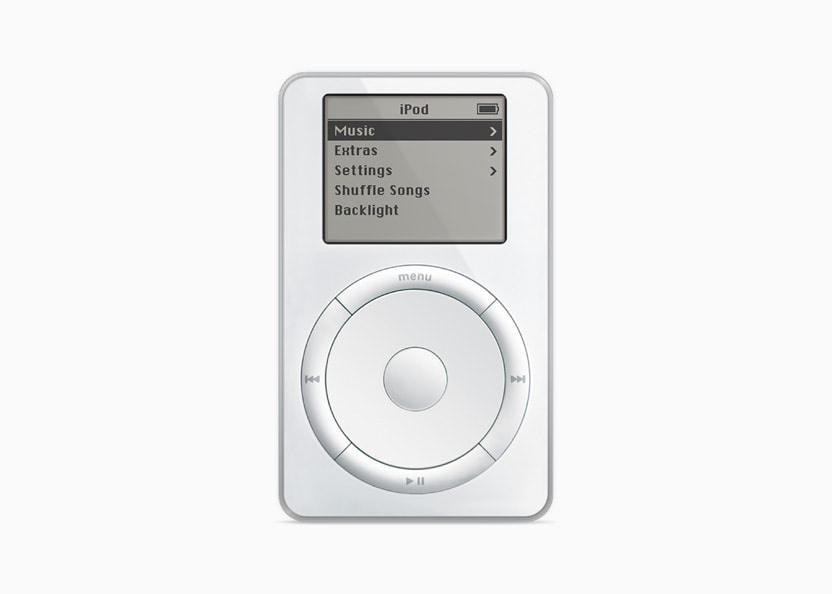There’s a reason Microsoft’s CEO Steve Ballmer is stepping down.
The tech giant, once quite possibly the most powerful company on the planet, has fallen by the wayside – still relevant, but increasingly less so. The rise of mobile devices, tablets, and smartphones powered by Google’s Android and Apple’s iOS have weighed on the demand for traditional Windows PCs.
Ballmer has made a fair amount of gaffes over the years, but three in particular stand out. Taken in context, they explain exactly why Microsoft lost its operating system monopoly.
Ballmer on the iPhone:
$500, fully subsidized with a plan?!… That is the most expensive phone in the world, and it doesn’t appeal to business customers because it doesn’t have a keyboard.
Perhaps nothing was more detrimental to Microsoft’s mobile effort than Ballmer’s lack of vision. At launch, the iPhone was expensive, and its lack of physical keyboard broke with the industry norm. Yet that didn’t stop it from catching on – including among business users, much to the chagrin of rival BlackBerry.
Ultimately, Microsoft would go on to copy Apple’s iPhone operating system with Windows Phone 7, and then 8, but by then, it was too late. Today, Microsoft has about 4% of the worldwide smartphone market – and that’s up significantly from last year. Meanwhile, Apple has 13% of the market, but the iPhone accounts for more than 40% of the smartphones sold in the U.S.
Microsoft isn’t giving up on smartphones.
In fact, by buying Nokia’s handset business, Microsoft is taking its Apple mimicry to the next level, moving to make its handsets in-house. Perhaps Microsoft will catch up, but I doubt it — now six years behind Apple, the company lacks the robust ecosystem and market momentum enjoyed by its competitor.
Ballmer on Google’s Android:
It is very hard to be excited… about the Android phones. Apple is a good competitor, different kind of competitor.
Ballmer’s take on Android was equally as dismissive. By this point, he was forced to recognise Apple as a legitimate threat, but chose to deride Android as a confusing mess. During that interview, Ballmer asserted that you had to be a “computer scientist” to use a phone running Google’s operating system.
Evidently, there are lot of computer scientists out there. Android now accounts for 79% of the smartphones sold worldwide, and it’s particularly popular in emerging markets like China and India.
Ironically, it was Google that took a page out of Microsoft’s playbook – like Windows and the traditional PC, Google lets a variety of hardware manufacturers produce Android devices. That’s resulted in Android handsets of every shape and size, available at nearly any price point. Along with that variety has come market share dominance.
Ballmer on who’s important:
Developers! Developers! Developers!
Perhaps Ballmer’s most famous quote of all helps to explain precisely why Windows Phone is struggling: It has no developers.
As Ballmer understood when he uttered those words years ago, an operating system is only as good as the applications that run on it – for so many years, Windows was dominant because it had all the developer support in the world. A given application might not run on a Mac or Linux machine, but it almost assuredly would work on a Windows computer.
The reverse can be said for Windows Phone.
Microsoft’s handset operating system continues to lack many major apps, including Instagram, Flipboard, and Sky Go. In time, these apps may see a Windows Phone release, but the companies behind them aren’t likely to spend too much time supporting Microsoft’s platform.
Moreover, any new hit apps that happen to emerge – like a new game or social network – probably won’t see a Windows Phone release for months, if ever. Prospective Windows Phone buyers must accept that the apps available to them will be very limited, which is likely why not many people buy Windows Phones.
Microsoft’s Windows business is slipping away
PC sales data has been terrible all year. Most recently, research firm Gartner reported that PC shipments fell 8.6% in the third quarter — the sixth consecutive drop on record. While traditional Windows PCs won’t disappear overnight, it’s clear that mobile devices are taking a toll on them.
Microsoft’s failure to capitalise on these trends can be traced back to Steve Ballmer. His inability to appreciate Apple’s iPhone, understand the appeal of Google’s Android, or remember the importance of developers doomed Microsoft’s mobile phone effort.
Source: [Daily Finance]





